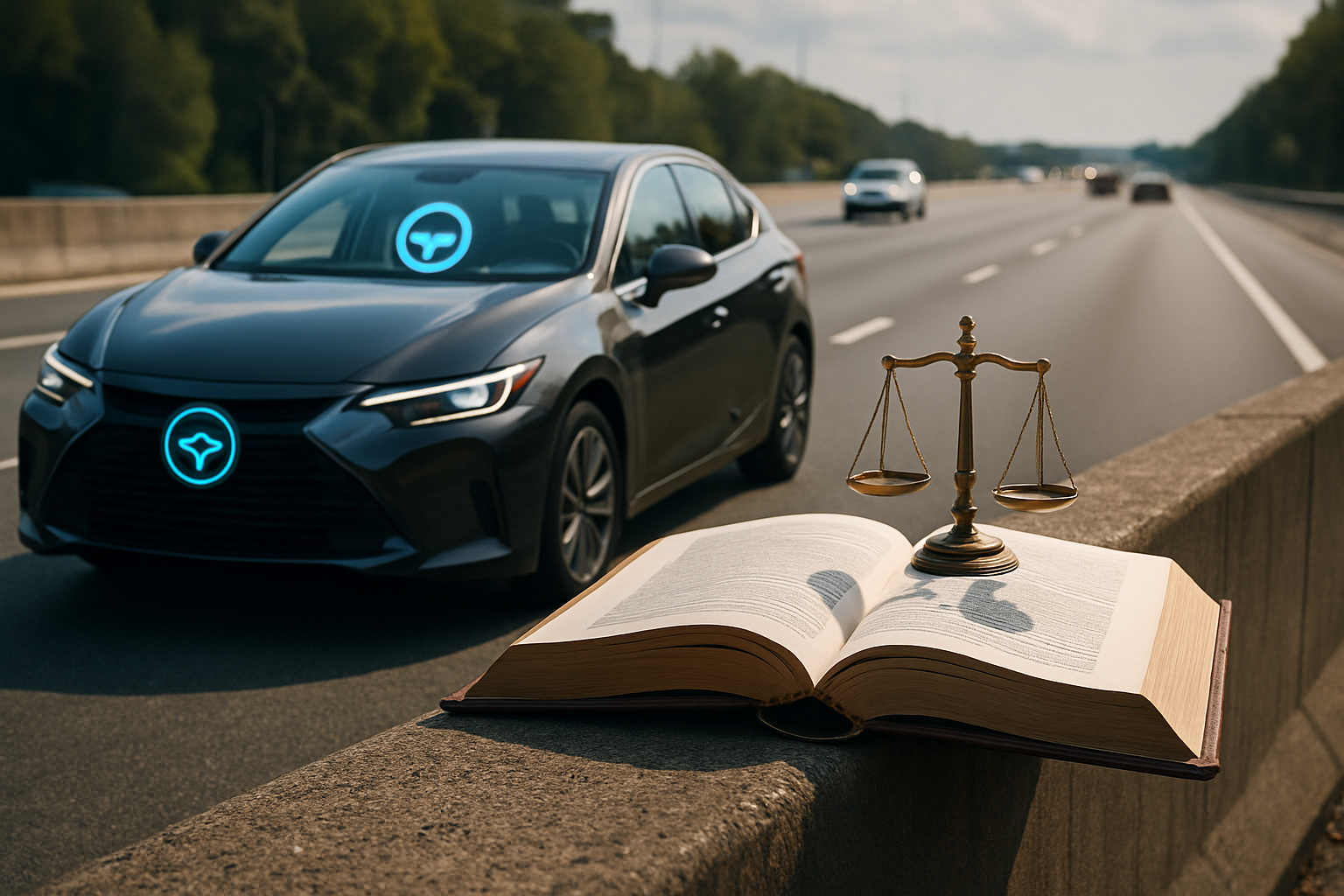Understanding the Legal Implications of Autonomous Vehicles
Autonomous vehicles, also known as self-driving cars, have created a storm in the legal realm. Although they promise a future of increased safety and efficiency, they also pose unique legal challenges. This article will delve into the legal implications of autonomous vehicles, highlighting their significance in the realms of liability, regulatory rules, and data protection.

The Dawn of Autonomous Vehicles: A Historical Overview
The concept of autonomous vehicles is not new. Leonardo da Vinci conceptualized a self-propelled cart in the 15th century. However, the idea gained traction in the 20th century, with several tech giants and automakers experimenting with the technology. Despite the technological advancements, the legal framework surrounding these vehicles remains a grey area. The advent of autonomous vehicles necessitates the reconsideration of existing laws and the formulation of new ones.
Current Regulatory Laws on Autonomous Vehicles
Currently, in most countries, there is no explicit law regulating the operation of fully autonomous vehicles. In the US, the National Highway Traffic Safety Administration (NHTSA) has issued guidelines, not laws, for their testing and deployment. These guidelines encourage uniform rules across all states, but they are not legally binding. The absence of comprehensive regulatory laws creates uncertainty for manufacturers and users alike, potentially stunting the growth of this promising industry.
Liability Issues with Autonomous Vehicles
The advent of autonomous vehicles raises complex questions about liability. Traditionally, in the event of a car accident, the driver is held accountable. However, with self-driving cars, determining liability becomes tricky. If an autonomous vehicle causes an accident, who is responsible? The manufacturer? The owner? Or the software developer? Addressing these questions requires a reevaluation of existing liability laws and possibly the creation of new ones.
Data Protection and Autonomous Vehicles
Autonomous vehicles rely on massive amounts of data to operate. They constantly collect information about their surroundings, other vehicles, and even their passengers. This raises serious concerns about data protection and privacy. Without appropriate legal safeguards, the misuse of this data could lead to severe consequences, including identity theft and invasion of privacy.
Conclusion
Autonomous vehicles are set to revolutionize the transportation sector. However, their emergence poses significant legal challenges that must be addressed. Current laws and regulations must be adapted to accommodate this new technology, and novel legal frameworks need to be established to ensure its safe and ethical use.
The future of autonomous vehicles is undeniably exciting, but it also demands careful legal consideration. Policymakers, legal experts, and industry stakeholders must collaborate to create robust legal frameworks that protect users, manufacturers, and society at large.





